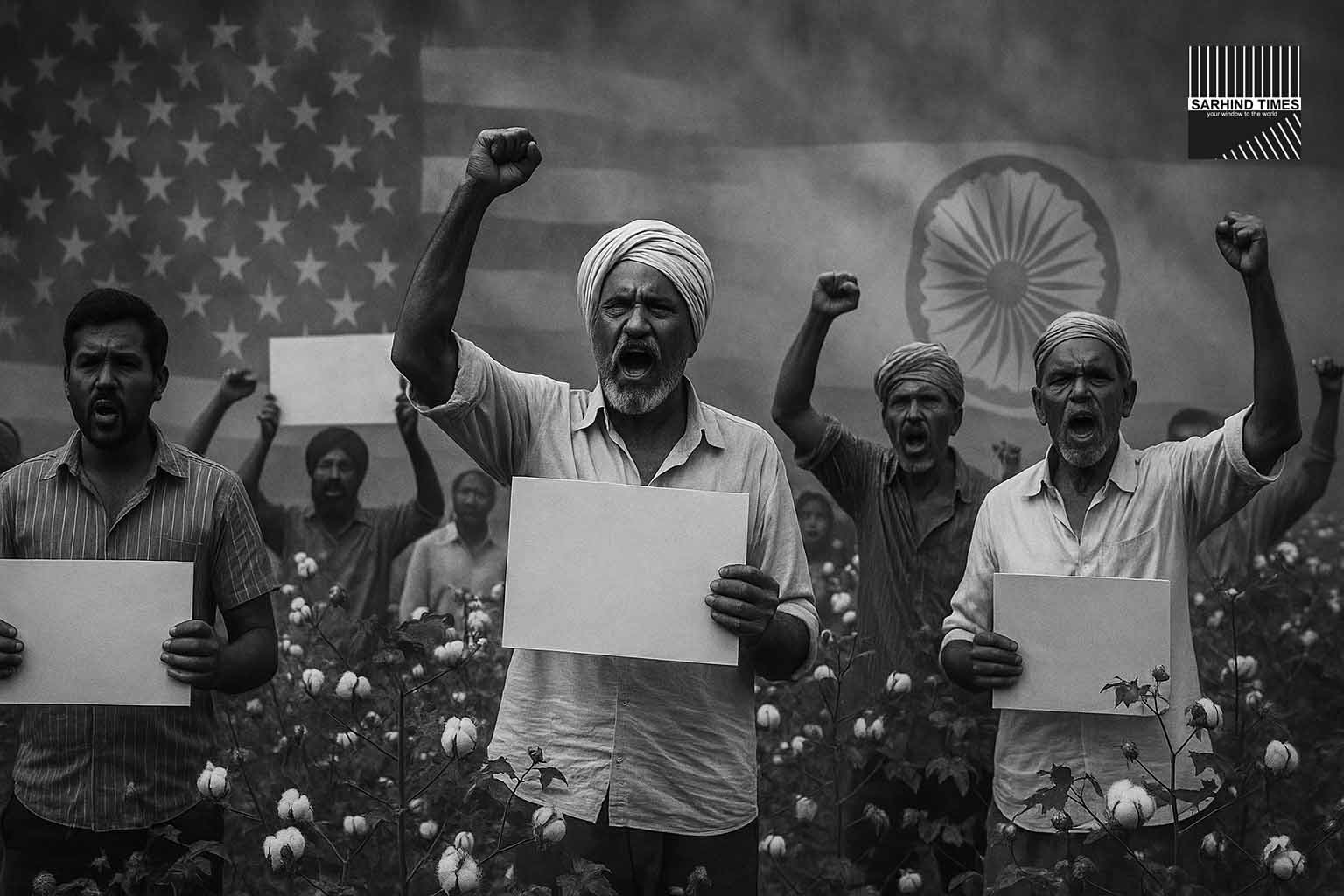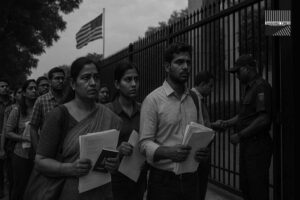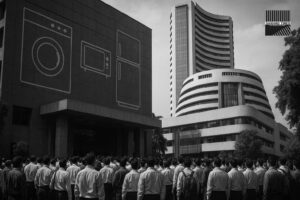Introduction
India’s political landscape has been shaken by a new controversy after Delhi Ex Chief Minister and Aam Aadmi Party (AAP) leader Arvind Kejriwal accused the Modi government of “secretly removing the 11% import duty on US cotton.”
Kejriwal warned that the move could trigger serious economic distress for Indian farmers, already grappling with rising input costs and fluctuating market prices. The accusation has ignited heated debate in Parliament, media, and farming communities, raising questions about transparency, economic priorities, and the government’s commitment to protecting domestic agriculture.
What Is the 11% US Cotton Duty?
Cotton is a vital crop for India:
- India is the world’s largest producer of cotton.
- It supports nearly 6 million farmers and countless workers in the textile industry.
Until now, imports of US cotton carried an 11% duty aimed at protecting domestic growers from cheap imports.
By allegedly scrapping this duty, critics argue:
- Imported cotton becomes cheaper.
- Domestic farmers face price suppression.
- Textile mills may shift reliance to foreign suppliers.
Kejriwal’s Accusations
At a press conference, Kejriwal declared:
- The decision was taken “in secrecy, without consulting farmers or Parliament.”
- It amounts to betrayal of farmers, many of whom are already struggling with debt.
- Removing the duty will make Indian cotton less competitive, risking farmer suicides.
He demanded the government reverse the decision immediately and accused the ruling party of prioritizing foreign corporations over Indian farmers.
Government’s Response
The Union Ministry of Textiles and Commerce has yet to issue a detailed clarification. However, government insiders argue:
- Economic Rationale: Removing duties may reduce costs for India’s textile industry, boosting exports.
- Global Competitiveness: India faces stiff competition from China, Bangladesh, and Vietnam in garments and fabrics. Cheaper cotton imports could help balance costs.
- Temporary Measure: Officials suggest the decision may be a short-term step to stabilize supply.
Still, the lack of transparent communication has fueled suspicions and political attacks.
Impact on Farmers
1. Price Suppression
Farmers fear their cotton will fetch lower prices at market yards if mills switch to cheaper imports.
2. Debt and Distress
Cotton farmers in Maharashtra, Telangana, and Gujarat already face heavy debts. Lower prices could push many into financial despair.
3. Suicides in Focus
Cotton farming has historically been linked with high suicide rates due to crop failures and debt. Critics argue the policy could worsen this crisis.
Impact on the Textile Industry
On the flip side, textile manufacturers argue that duty removal could:
- Lower raw material costs.
- Enhance competitiveness in global markets.
- Support India’s export goals.
But this pits industrial gain against agricultural survival, reviving the old debate: Who should policy favor more—farmers or industry?
Opposition Parties React
The controversy has united opposition voices:
- Congress: Accused the government of “anti-farmer policies.”
- Left Parties: Demanded immediate reversal and parliamentary debate.
- Regional Leaders: Especially from cotton-growing states, joined the chorus of criticism.
AAP, meanwhile, is using the issue to position itself as the voice of farmers, extending its political narrative beyond Delhi and Punjab.
Farmers’ Protests
Farmer unions have warned of nationwide protests if the duty removal isn’t reversed. Leaders have compared it to earlier disputes over the farm laws of 2020, which led to year-long protests near Delhi borders.
Already, farmer groups in Maharashtra and Punjab have staged demonstrations, burning effigies and demanding rollback.
International Angle
The controversy also has an international dimension:
- US-India Trade: The US has long pushed India to open up agricultural imports.
- WTO Rules: India’s protective tariffs have been challenged before.
- Geopolitics: With India seeking closer ties with the US, critics say this may be part of behind-the-scenes negotiations.
Expert Opinions
Agricultural Economists
- Many argue that duty removal is disastrous for farmers but beneficial for textile exports.
- They stress the need for balanced policies, such as subsidies for farmers or protective price mechanisms.
Industry Analysts
- Textile exporters support the move, claiming it will make India more competitive globally.
- However, they warn against ignoring farmer welfare, which could create long-term instability.
Transparency Concerns
A major element of the controversy is the alleged secrecy. Opposition leaders demand answers:
- Why was the decision not debated in Parliament?
- Was it part of a trade negotiation with the US?
- Why were farmer unions not consulted?
Public Sentiment
On social media, hashtags like #SaveFarmers, #CottonDuty, and #FarmerBetrayal are trending.
- Farmers express anger and betrayal.
- Urban textile voices express cautious support.
- Youth activists warn of renewed protests.
Possible Outcomes
- Rollback: Under pressure, the government could reintroduce the duty.
- Compensation Schemes: Farmers may receive subsidies or support packages.
- Protests Escalate: If unresolved, this could become a mass movement similar to the farm laws agitation.
Conclusion
The removal of the 11% US cotton duty has triggered one of the sharpest political storms in recent months. For the Modi government, it is a test of balancing global trade ambitions with domestic agricultural realities.
For Arvind Kejriwal and AAP, it is an opportunity to strengthen their image as farmer champions. For millions of cotton farmers, however, the stakes are real—livelihoods, debts, and survival.
The coming weeks will reveal whether this controversy remains a political flashpoint or transforms into a larger farmers’ movement across India.
#CottonControversy #FarmersFirst #AAPvsModi #USCottonDuty #SaveIndianFarmers #PoliticalStorm #IndiaTradePolicy #SarhindTimes #AgricultureCrisis #FarmersProtest




+ There are no comments
Add yours